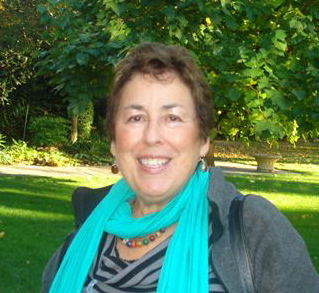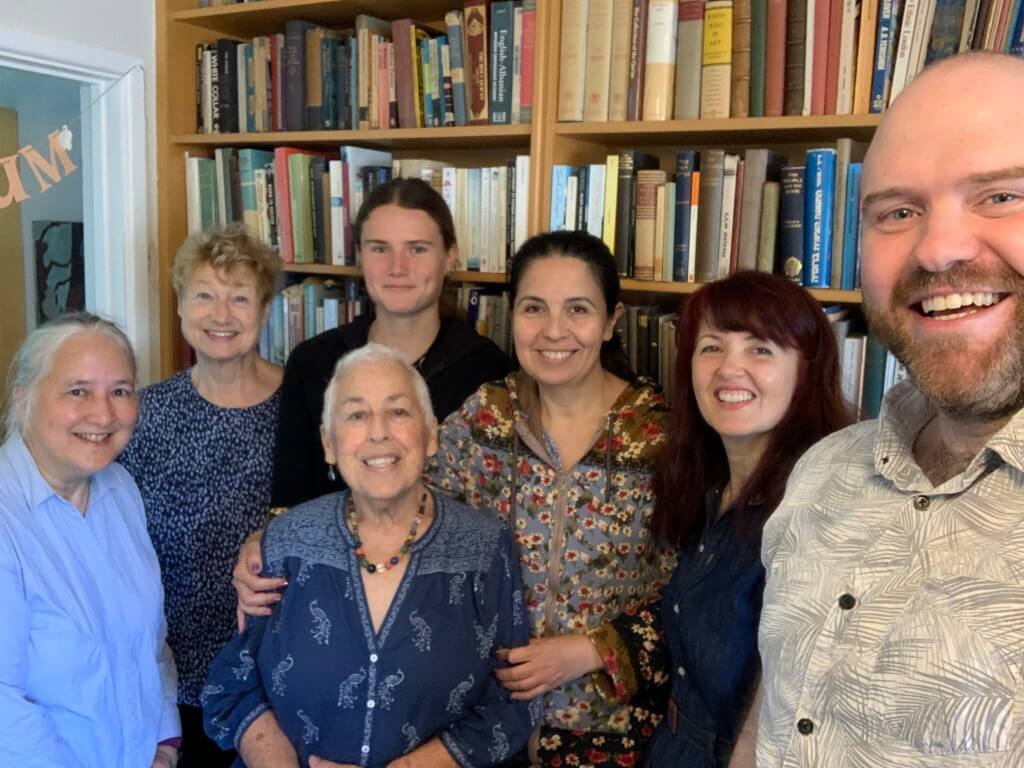Ruth Durant
"Teaching has been my passion throughout my adult life.
I have taught small children in Tower Hamlets, children and adults in Israel, children, young people and adults in the London boroughs of Hounslow and Richmond, students at lectures and seminars at the Institute of Linguists, BBC World Service, SOAS, Oxford, Roehampton and Kingston Universities.
I have delivered evening classes at many different colleges and organised innumerable picnics, walks, languages celebration parties, educational outings, yoga and swimming activities and educational cooking workshops. Most of all I have loved being able to introduce people of all ages to each other to enable and encourage lasting friendships.
While teaching children English as an Additional Language in schools, I realised that their parents were also in great need of support. Initially, I set up family learning groups in schools for this purpose, but later realised that stand-alone classes for isolated parents of children in local schools should be a priority and it was this that led to the creation of our current charity.
Being the CEO of the Richmond EAL Friendship Group is the culmination of my ambition to bring people together from diverse linguistic, cultural, religious, economic, political, ethnic and social backgrounds in order to transcend all traditional barriers and celebrate our differences and learn from one other.
It is a fantastic privilege to work with our wonderful learners, volunteers and trustees."
Ruth Durant
CEO, Richmond EAL Friendship Group
Read Ruth's article on learning English through friendship
About Richmond EAL
We are a small charity and target hard-to-reach and isolated adults, including parents of children in local schools, whose lack of English language skills disadvantages them in everyday life. We provide informal English classes and access to local services in several venues across Richmond borough.
Founded in 2001, more than 1,000 individuals have engaged with us – that is people speaking 66 different languages (and counting!). Many of these have been supported by our charity to access accredited learning at local colleges and to find jobs and volunteering opportunities.
Most importantly, our approach challenges the traditional barriers of religion, language, ethnicity and economic status which prevent social integration. This has resulted in long-term friendships and collaboration between individuals from different backgrounds.


